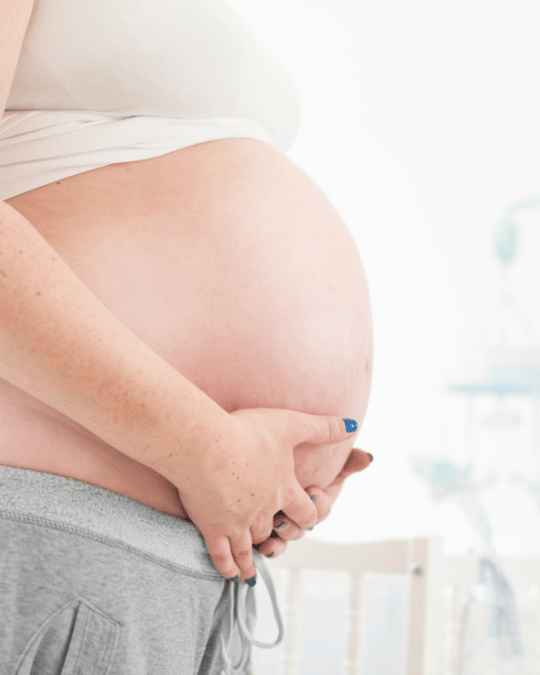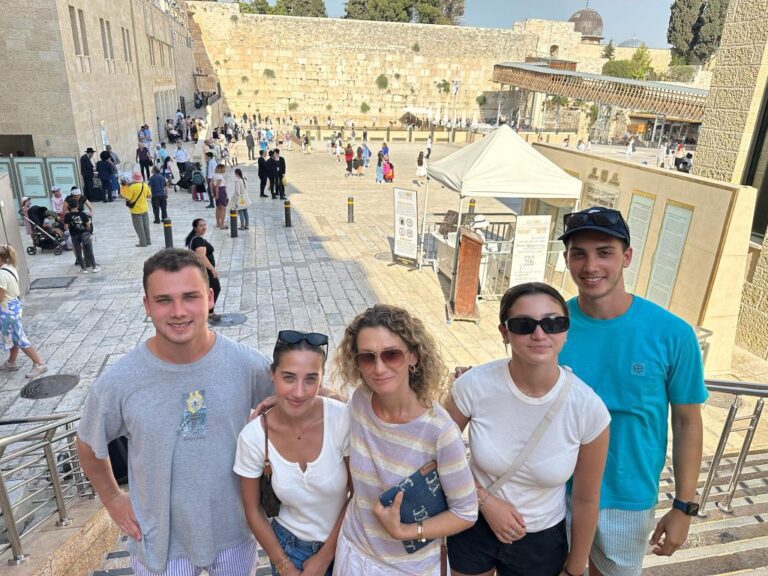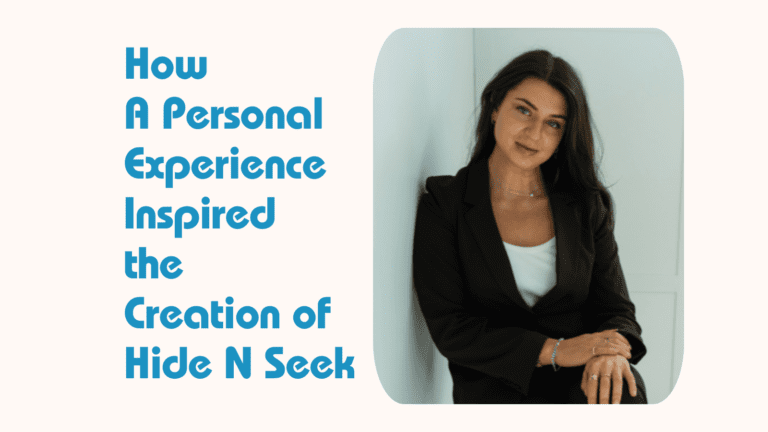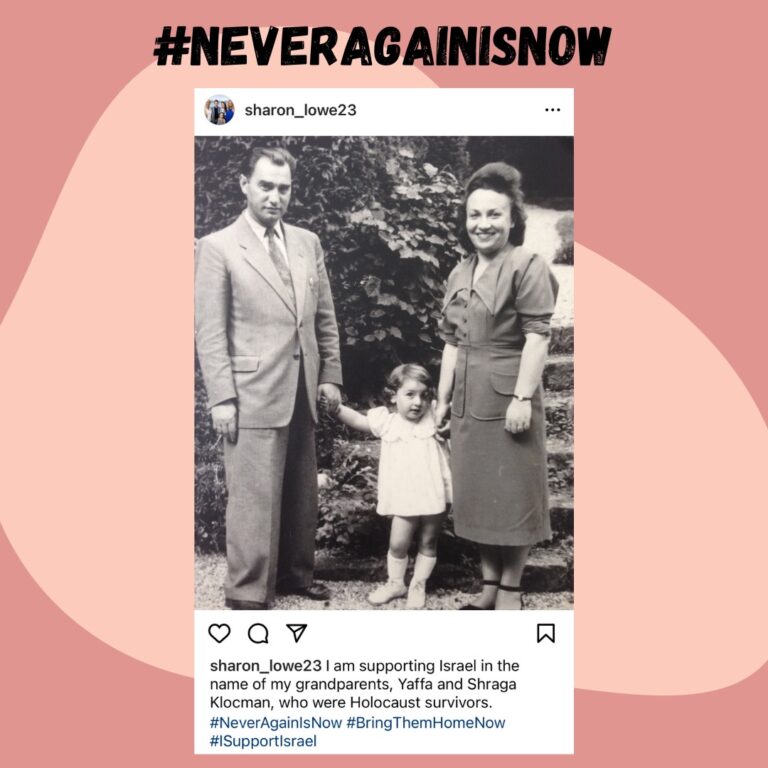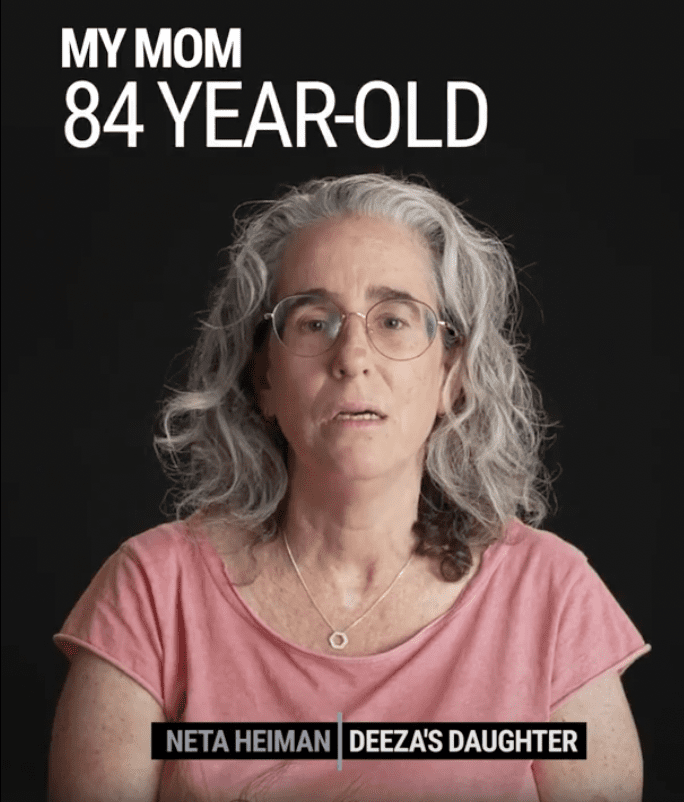Almost 19 years ago, I was 7 weeks pregnant.
My first pregnancy had been textbook – I fell pregnant 6 weeks after the wedding, carried to 41 weeks, went into labour naturally and delivered a rather shmaltzy boy by c-section after about 14 hours of labour.
I fell pregnant the second time when that shmaltzy first child was about 11 months old. I had just started to think that maybe it was taking too long to conceive – after all, the first time was so quick!
So you can imagine my relief to see those two lines on that stick and, bonus, no nausea.
Until 7 weeks.
And then I started spotting. Tiny red dots of blood that appeared at random intervals.
Nothing can prepare you for that moment.
The sense of powerlessness, the not knowing, the uncertainty.
It was too early in the pregnancy to see anything on a scan and a blood test would show that I was pregnant, even if I wasn’t because the hormones would still be travelling through my bloodstream.
“So, what do I do?” I asked the obstetrician.
“Wait.” He said. “There is nothing to do until 9 weeks when we can scan and actually see.”
And so, I waited.
Quite possibly the longest 2 weeks of my life. I tried to keep busy, to distract myself. And I convinced myself that I wasn’t attached to this life that might be growing inside of me. After all, I hadn’t felt it move … I hadn’t even felt nauseous (something I had suffered with during my first pregnancy literally from the moment of conception). I hadn’t had any of the crazy cravings for lemons and cucumbers that characterized my first pregnancy.
 I had miscarried, I decided. And it would be ok. I would be ok. I had a perfect son – what more could I ask for?
I had miscarried, I decided. And it would be ok. I would be ok. I had a perfect son – what more could I ask for?
At 9 weeks we went for an ultrasound for a suspected miscarriage. We entered the room where the ultrasound was going to take place and we were told that it would take about an hour and that we shouldn’t be concerned but no information would be shared until the end of the appointment.
I watched the images of my uterus flash up on the screen. It was all black and shades of grey. Impossible to discern what was what. To the untrained eye it just looked empty.
At the end of the appointment, the technician stopped at one image which to me looked like two empty sacs.
Empty, I thought. Miscarriage for sure. I tried to remember to breathe.
She looked at us and said: “What can you see?”
Nothing, I thought. Just nothing.
“In a normal pregnancy”, she said, “there is only one.”
In my head, I heard: “It’s not a normal pregnancy.”
My face must’ve shown confusion because the woman doing the ultrasound paused, leaned in and said – “You’re having twins.”
Quite honestly, she could have told me I was having a semi-trailer with a monkey as a driver and I wouldn’t have flinched. Twins, triplets, octuplets. It didn’t matter. As long as they were ok. As long as I was still pregnant. As long as it wasn’t a loss.
I carried those twins almost to term and in just over a week they will be 18.
So why have I told you this story?
At 7 weeks into a pregnancy, no one but your partner and maybe the prospective grandparents know that you are actually pregnant. The custom is not to share this news until the end of the first trimester. 12 weeks. If something goes wrong you are essentially alone. You suffer in silence. You pretend that life is normal. You carry on. One foot in front of the other. And that is what I did. For two long weeks. And had the news been different, had it indeed been a miscarriage, I’m not sure whether I would ever have shared that with anyone. I would have probably locked it away and kept pretending that everything was ok.
I am sharing my story because in some small way it gives you an insight into the loneliness of infertility or pregnancy loss.
Today I have the great privilege of working for an organisation called The Australian Jewish Fertility Network or AJFN. Our mission is to ensure that no Jewish Australian ever feels alone on their fertility journey.
In Australia, 1 in 6 couples experience infertility.
1 in 17 children sitting in a classroom is conceived by some type of assisted reproductive technology or ART.
1 in 4 women experience a miscarriage.
And unfortunately, it is not often talked about and even unimaginable unless you or someone you know has been there.
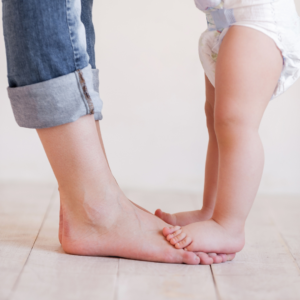 The AJFN was created almost 16 years ago by the incredible Shterny Dadon to help Jewish families manage the high financial cost of fertility treatments. Each round of IVF can cost up to $12,000 and on average a family needs three rounds to realise their dream of a live birth. For many that means an investment of over $30,000.
The AJFN was created almost 16 years ago by the incredible Shterny Dadon to help Jewish families manage the high financial cost of fertility treatments. Each round of IVF can cost up to $12,000 and on average a family needs three rounds to realise their dream of a live birth. For many that means an investment of over $30,000.
Shterny was first approached by one family who were about to give up on having children because they simply could NOT afford ANOTHER round of IVF. She offered to host a small fundraising evening and she managed to raise enough money for them to continue. I believe they were blessed with a child. As more families heard about Shterny’s amazing work, so the AJFN was born. Today it is a thriving organisation with paid staff, a professional board and a broad offering that includes financial support, emotional support, volunteers, educational programs and spiritual support.
Since its inception, AJFN has made it possible for 43 babies to be born. That is 43 lives that exist because of the generosity of donors and volunteers in our community. People just like all of you.
But possibly more importantly, AJFN has ensured that hundreds of families do not feel alone as they walk this road. In the current financial year we are supporting 52 families in all different ways. We are sending them meals donated by our community’s caterers and challot donated by our amazing bakeries, care packs put together by volunteers and helping them pay for their treatments. In the month of February alone we had 20 enquiries from places like Melbourne, Sydney, rural NSW and even overseas. They came from single women, married couples and from mothers wanting support for their children. We were asked about egg donors, sperm donors, surrogacy and IVF. And with each month, as the requests become more varied and complex, AJFN pivots to make sure that everyone can be helped in the way that they need.
We are approaching Pesach where the basic commandment is to tell the story of yetziat Mitzrayim, the Exodus from Egypt, to your children. It is almost embedded into our Jewish DNA to say ‘So nu, when are you guys starting a family’ or ‘Why aren’t you pregnant yet? What are you waiting for?’
We are all so desperate to say b’sha’a tova that we don’t realise that sometimes our good wishes can actually be very painful for someone to hear.
Shabbat of the 24th and 25th of March is the global Infertility Awareness Shabbat. Jewish communities around the world will be making space for people to share their stories of infertility and loss. At AJFN we are encouraging everyone to light an extra candle on this Shabbat to acknowledge the stories that are often not shared and the loneliness that comes with infertility.
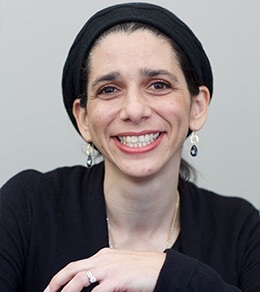 By Justine Saidman
By Justine Saidman
Justine is a passionate and well respected leader within our Australian Jewish Community, most notably as the director of PJ Library for seven years, and was instrumental in helping them expand from NSW into VIC and New Zealand. Justine has a Certificate in Jewish Leadership from Spertus in Chicago, and a Masters in Jewish Education from Hebrew University amongst other qualifications, as well as being part of the Leadership Team for Launchpad Leadership.
Justine is directly influenced by three things: her deep Jewish values, her desire to invest and grow community, and her love of learning. These pillars have guided her strong belief that no one should feel disconnected from community or alone, that we should all actively lean into community and that belonging is paramount to the thriving of the Jewish people and to the individual’s sense of self and well-being. Justine’s philosophy is anchored in an attitude of inclusion for the benefit of the individual and the community.
Justine’s greatest treasures are her three children, and she keenly appreciates the importance that Jewish community places on having children. Her central motivator as CEO is to help others build Jewish families and to support and comfort those who have a challenging fertility journey.
